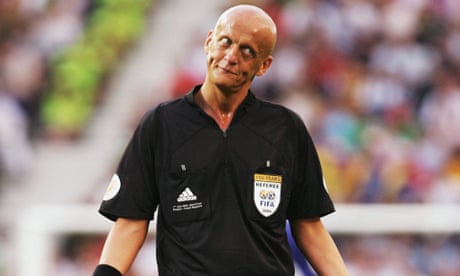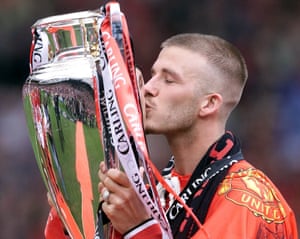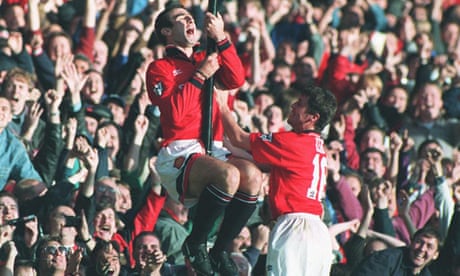NEW YORK, 24 September 2015 – A
unique installation that brings the voices of children and young people
to the heart of the United Nations General Assembly is unveiled today
by UNICEF Goodwill Ambassador David Beckham, United Nations
Secretary-General Ban Ki-moon, UNICEF Executive Director Anthony Lake,
and two young people from UNICEF Voices of Youth initiative.
As the UN prepares to adopt the Sustainable Development Goals, the Assembly of Youth,
a digital installation created for UNICEF by Google, harnesses mobile
technology and social media to deliver personal messages from children
and young people across the globe directly to world leaders. The
messages highlight the challenges they face in their homes and
communities - including extreme poverty, inequality, violence, deadly
disease and conflict – and express their hopes for the future.
At the unveiling, David Beckham urged
world leaders to listen to these messages – and to take action - to
transform the lives of millions of children by putting the most
disadvantaged children and young people at the centre of all decisions
and investments in the new 15-year development agenda.
“It breaks my heart to see the struggles
that children and young people across the world face every day,” said
Beckham. “I’ve met children and mothers in South Africa living with HIV,
I’ve met children living in the aftermath of Typhoon Haiyan in the
Philippines, and I’ve met children who have experienced violence in
Cambodia. Whatever challenges they face, they all share the same hope
for a better future – – and we have an opportunity this year – with the
world focused on the new global goals – to make that hope real for
millions of children.”

“I want a world where children can grow
up safe from war, violence, poverty and preventable disease – a world
where every child has a fair chance. I hope everyone will join me in
asking world leaders to put children, especially the most disadvantaged,
at the heart of the new global goals.”
Earlier this year, Beckham marked his 10th year as a UNICEF Goodwill Ambassador with the launch of 7: The David Beckham UNICEF Fund
to use his powerful voice, influence and connections to raise vital
funds, fight inequality, and rally for lasting positive change for the
world’s most vulnerable children. The Assembly of Youth is the
latest initiative from UNICEF and David Beckham that brings the voices
of children and young people to a global audience with the aim of
inspiring action.
“The Sustainable Development Goals speak
to all people in all countries, especially children,” said United
Nations Secretary-General Ban Ki-moon. “The voices of young people
helped forge the bold new 2030 agenda. Now the world must do more to
involve young people in achieving the goals and building a world of
peace, prosperity and justice for all on a healthy planet.”
Despite the progress made toward
realizing the Millennium Development Goals, millions of children are
still left behind. Nearly 6 million children under the age of five
still die every year from mostly preventable causes. More than 120
million children and adolescents are still not in school and many
millions more are not receiving a quality education. The Sustainable
Development Goals present a critical opportunity to extend progress to
every child, but only if the world makes reaching the most disadvantaged
and vulnerable children a policy and political priority.
“Unless we invest in the most
disadvantaged children from the earliest years, we will continue to see
in the next generation the same poverty and inequalities that divide and
destabilize our world today – and rob us of the potential of so many
young people,” said UNICEF Executive Director Anthony Lake. “To realize
tomorrow’s goals, we need to listen to children and young people today –
for who knows better than children and young people themselves what
their needs are? And we must do more than hear these voices, we must
heed them.”
Data displayed in the installation is
drawn from U-Report, a free SMS-based system that allows young people to
speak out on the issues they face and what is happening in their
communities. Data is also derived from outreach to children and young
people across UNICEF social media channels.
Share your views and hopes for children across the world at,
and your voice will be added to the installation, to remind world
leaders that children must be at the heart of the new global agenda.
About Voices of Youth
Set up by UNICEF, Voices of Youth is a global community of youth bloggers from all over the world which gives young people the opportunity to learn about development issues and to express their opinions.
Voices of Youth seeks to create a space
that will help young people develop into active global citizens equipped
to communicate and collaborate effectively to make a positive
difference in their countries and communities.
About U-Report
U-Report is a groundbreaking text-message based innovation, set up by UNICEF, that amplifies the voices and views of young people in developing countries.
U-Reporters can share their opinions on
everything from the job skills they want to the best way to tackle
epidemics. This information is instantly mapped and analyzed, yielding
vital information and real-time insights about how young people see
their world and what they think is most important. In turn, these
aggregated views are used by development partners in their advocacy with
governments and also shared directly with elected leaders.
About UNICEF
UNICEF promotes the rights and wellbeing of every child, in everything we do. Together with our partners, we work in 190 countries and territories to translate that commitment into practical action, focusing special effort on reaching the most vulnerable and excluded children, to the benefit of all children, everywhere.




